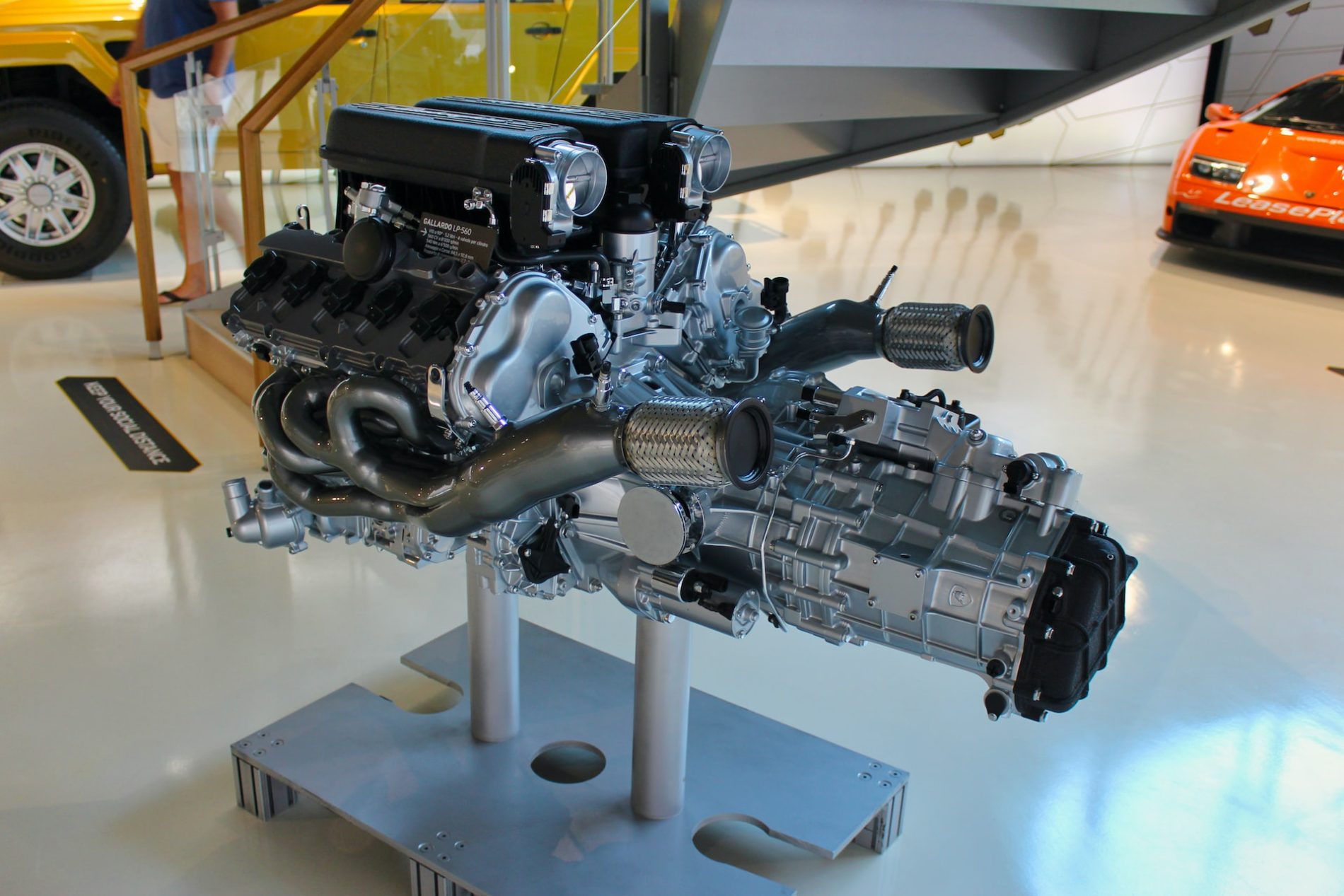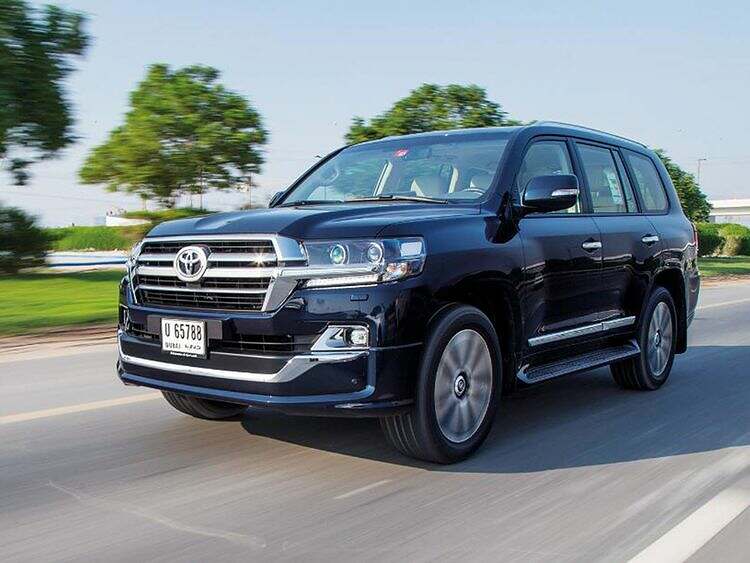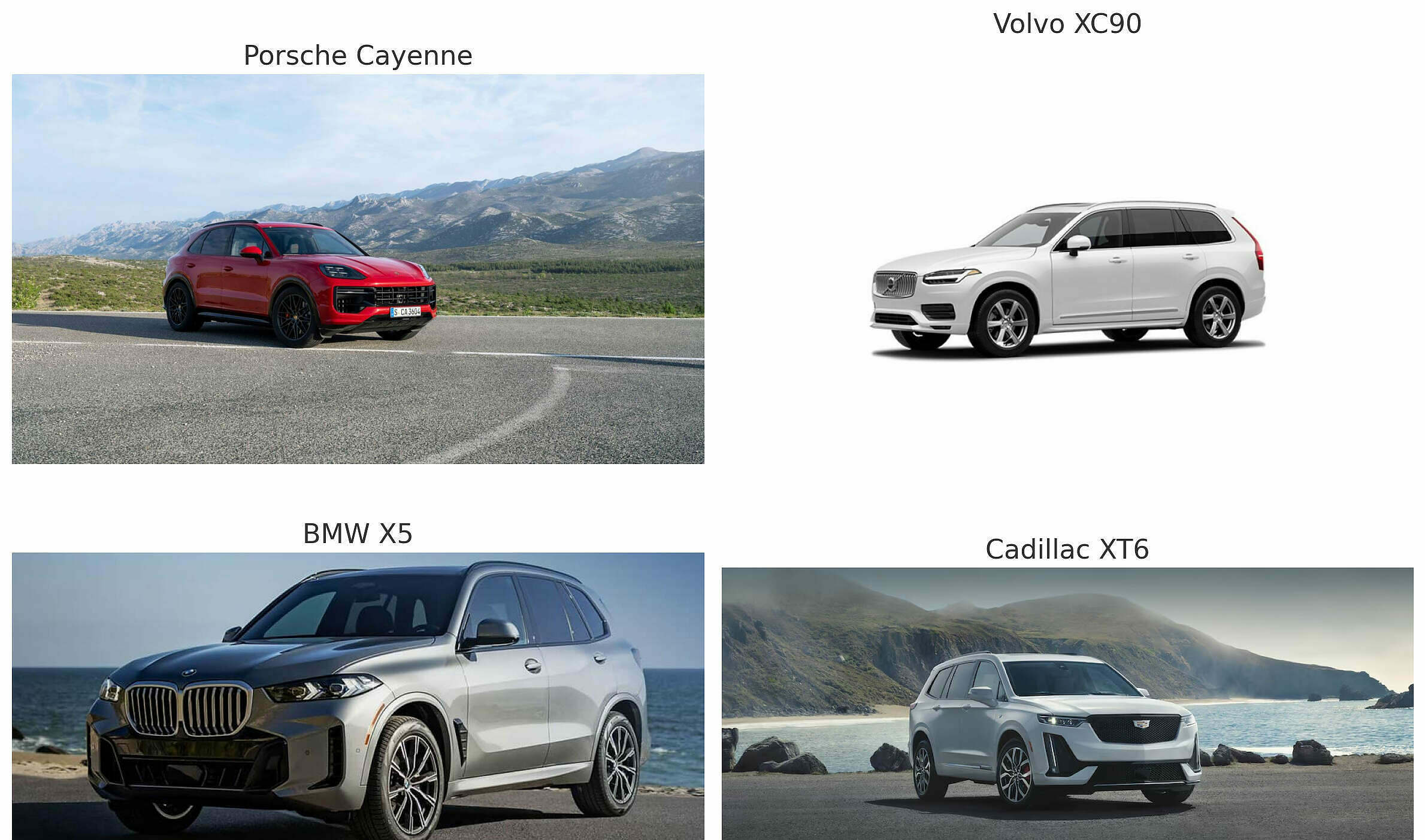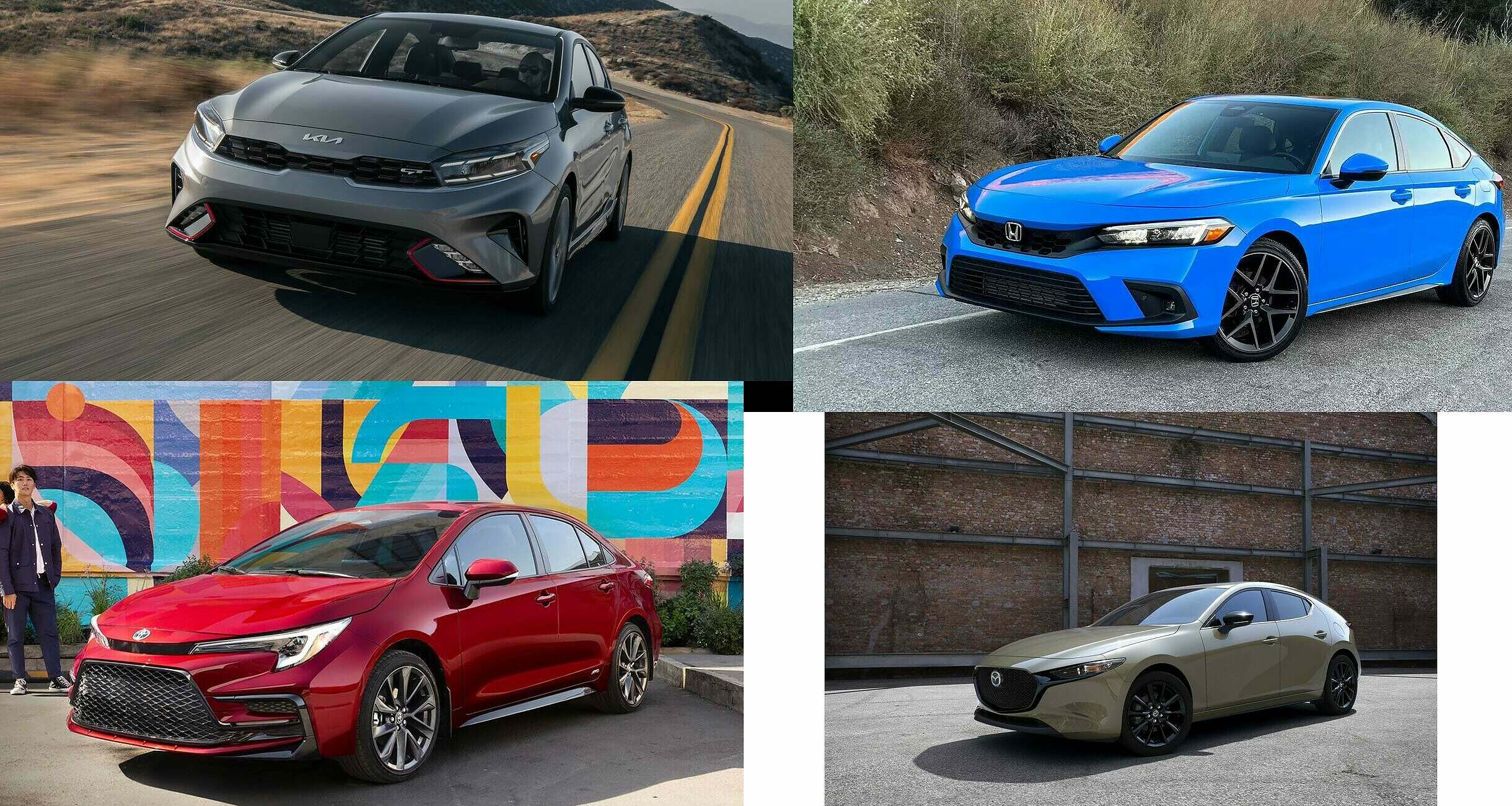When it comes to choosing the right engine for your car, there are a variety of options available. But with so many different sizes and types of engines out there, which one is best for you? We’ll look at the pros and cons of V4, V6, and V10 engines to help you make an informed decision.
V4 Engines
V4 engines are small but powerful. They are typically lightweight and easy to install in tight spaces. One of the main advantages of a V4 engine is that it is more efficient than other engine types.
This means that you will use less fuel when driving, saving you money on gas in the long run. Additionally, because they are smaller than other engines, they require less maintenance and repairs.
However, there are some drawbacks to these engines as well. The higher compression ratio can lead to more wear and tear on parts over time. Additionally, because they have fewer cylinders than other engine sizes, they do not offer quite as much power or performance as larger models.
V6 Engines
V6 engines provide significantly more power than a V4 while still remaining relatively compact in size. These engines provide excellent acceleration due to their increased torque output compared to smaller models like the V4.
Additionally, because they have more cylinders than a V4, they produce smoother power delivery from idle speed through higher revs without any noticeable lag or hesitation along the way. As with all larger engine sizes though, there is an increased cost for parts and repairs due to their complexity compared to smaller models like the V4 or even the V10.
V10 Engines
V10 engines offer maximum power with impressive acceleration capabilities due to their large displacement size compared to other model types. These engines also come with plenty of torque making them ideal for hauling heavy loads or accelerating quickly from low speeds when needed.
However, this type of engine is extremely expensive due to its large size and complex design requiring more parts and maintenance than its smaller counterparts like the V6 or even the V8 engine.
Conclusion:
Ultimately, choosing between different engine sizes comes down to personal preference based on your needs and budget constraints. A larger engine may offer greater performance but will also cost more upfront as well as in terms of ongoing maintenance costs over time compared to a smaller model like a V4 or even a V6 engine. Consider all your options carefully before deciding which type of engine is best for your vehicle needs!



